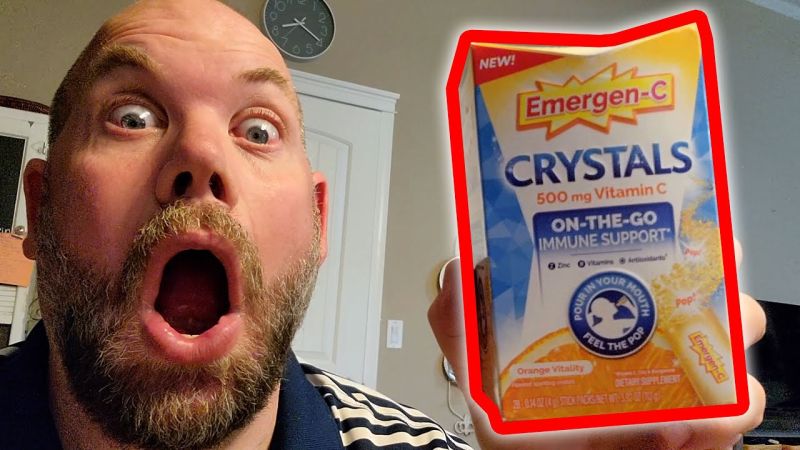
Beverage companies have increasing awareness of the amount of waste they produce, and we are beginning to see them take steps toward sustainability in their packaging. There are many factors at play when considering beverage packaging, as the materials range from bottle tops to labels. We're excited to see new ideas emerging – even if only on small scales to start.

Carlsberg Beer made a lot of headlines in 2019 with their sustainability initiatives. First came a prototype paper beer bottle, and then they nixed the plastic rings on their six packs for glued together cans. Now, they're focusing on the ink used in printing the bottle labels to allow for full recyclability of the entire bottle. These innovations represent some of the first consumer-facing manifestations of Carlsberg's sustainability efforts launched in Europe last year and now rolling out in Australia.

While Carlsberg isn't rolling out their initiatives stateside, Molson Coors is. The company has released a packaging strategy aimed to be executed by 2025. The strategy includes tactics like 3-layer plastic bottles (as opposed to 5), paper sleeve cartons, fiber-based multipack rings, and more:
- Make 100% of packaging reusable, recyclable, compostable or biodegradable.
- Incorporate at least 30% recycled content into plastic packaging.
- Improve recycling infrastructure (This is vague, and we're interested to know what exactly this means).
- Reduce carbon emissions by 26% (many brands are making claims like this – we're interested to see how this goal will be proven if achieved).
You may wonder how a plastic bottle is sustainable at all, regardless of how many layers it has, when compared to the very recyclable glass bottle option. The beneficial sustainability aspect comes from the weight of the substrate. Plastic is lighter. It creates less of a carbon footprint during the shipping/transport process because of its lesser weight. Yes, plastic has been terrible for our environment. But we've made terrible choices with our plastic waste. Who said we should ship it out into the ocean and dump it? That guy's a jerk. Don't be that guy. We live in a modern world where we will always buy and use packaged goods. Plastic is not the demon material 100% of the time. But NOT recycling plastic or using recycled plastic when possible will always be bad, and sending it out into the ocean as garbage is just ludicrous.
The anti-plastic trend has been positively impacting the aluminum market. Aluminum is considered an "infinitely recyclable material". However, their infinite nature changes when the cans are wrapped in sleeves. During the recycling process, shrink wraps on cans go into the incinerator with all of the other cans and are melted in with everything else. This increases the volume of plastic in the batch of aluminum, and degrades the quality of the aluminum; thus decreasing the value of it, sometimes causing the entire batch to need to be thrown out. While in many instances this occurrence can be minimal, the concern is that the process limits the infinite recyclability of aluminum. As aluminum is popular right now, this is something to keep in mind.

Coca Cola is jumping on the sustainable-way-to-secure-a-six-pack bandwagon (bet you didn't even know that was a bandwagon) with a stream-lined paperboard topper in Europe. The topper will be used in place of plastic rings and shrink wrap.

Swedish brand Oatley (like the milk in our office fridge) has partnered with Evergreen Packaging to provide fully renewable ice cream board for its "non-dairy frozen dessert" (i.e. ice cream). The board is the bottom part of the container. No word yet on the sustainability of the skirt/top part. Ok, so maybe ice cream isn't a "beverage", but Oatley is, so... whatever.
As time progresses, we will see new standards arise for sustainability measures in beverage packaging. Initiatives to sell products in packaging that is recyclable, biodegradable or partially eco-friendly are leading the way to a more sustainable and less wasteful future.
Other Articles
All ArticlesOther Articles
All ArticlesFuture proof your brand.
Contact Us
